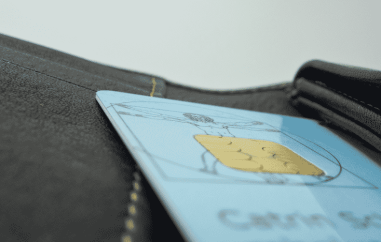Austerity Supporters Dodge a Bullet
For weeks, the Greek runoff election on 17 June has been built up as monumental for the future of the European Union. It might have seemed a bit hyperbolic, but the prospect of the Syriza party winning was enough to concern politicians not only in Europe but around the world.
With their rhetoric that they wanted to 'tear up' the fiscal agreement that Greece had made with the EU and IMF, the anti-austerity far-left Syriza party had surged to unprecedented popularity by insisting that Greece could simultaneously reject austerity and stay in the Union.
European leaders had vehemently denied that this was an option going so far as to threaten withholding rescue funds if the Greek government failed to deliver on agreed upon reforms. If the money does not arrive, Greece is reported to only have enough money to make it to July. What until now has been drastic cuts to public-sector jobs, wages and pensions would become a full scale financial disaster if the next bailout payment was not made.
The final numbers are not yet in, but it has been announced that the Antonis Samaras' New Democracy party has the most votes. He has not only delivered an acceptance speech, but started the difficult process of trying to build a coalition government. This might prove to be as difficult for the evening's winning party as it was back in May for the then frontrunner Syriza.
As it stands, the socialist Pasok party has stated that they would only form a government with relative newcomers Syriza. Another option for Samaras would be the party called The Independent Greeks, yet they have strongly indicated that they could only support a government that rejected the austerity measures.
Although no one expected this election to solve Greece's financial problems, there is a sense that this outcome was the best possible option for the sake of staying the fiscal course that the Europeans agreed on when they signed up for the bailout. It would be prematurely optimistic to say that the worst of the debt crisis is behind us.















































